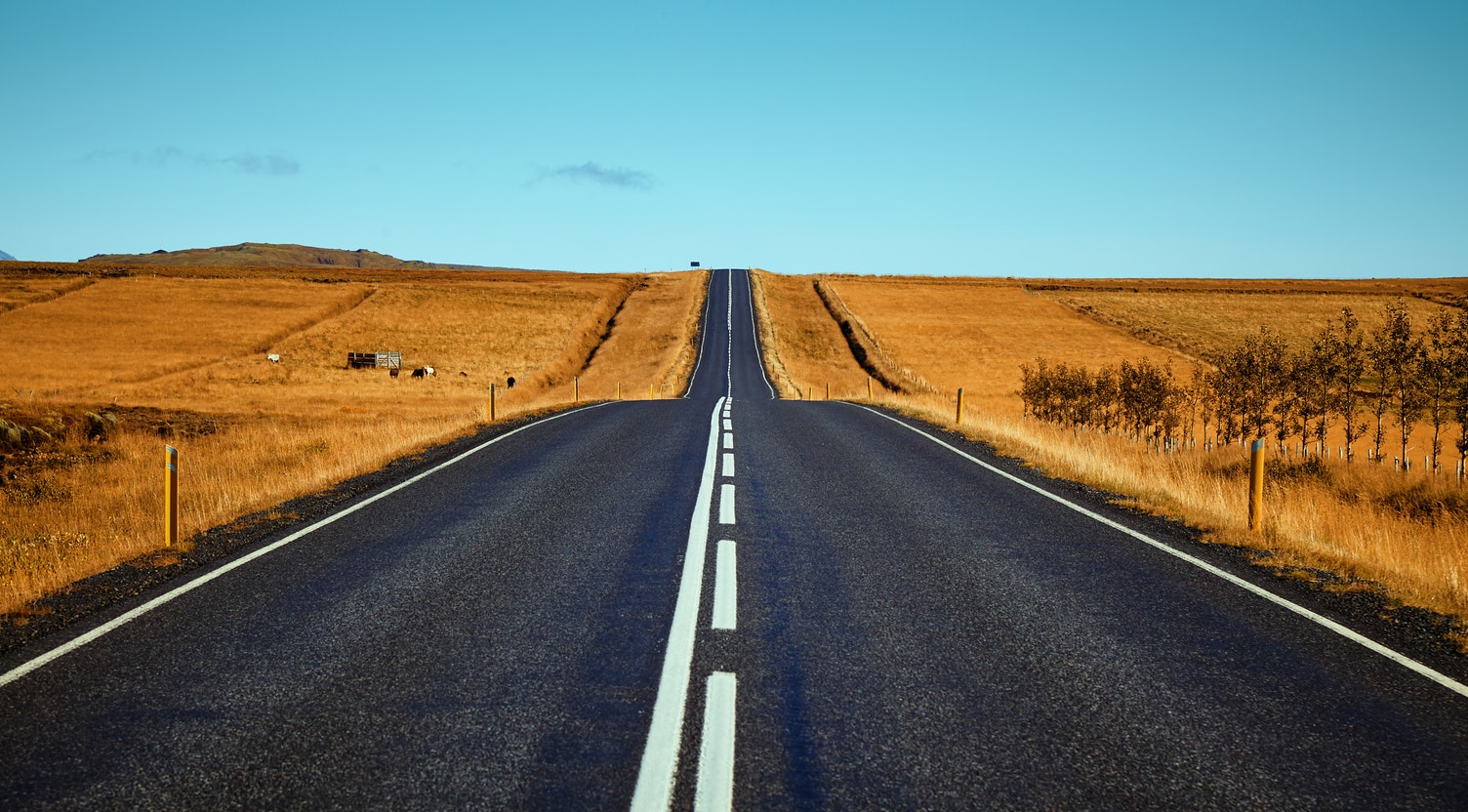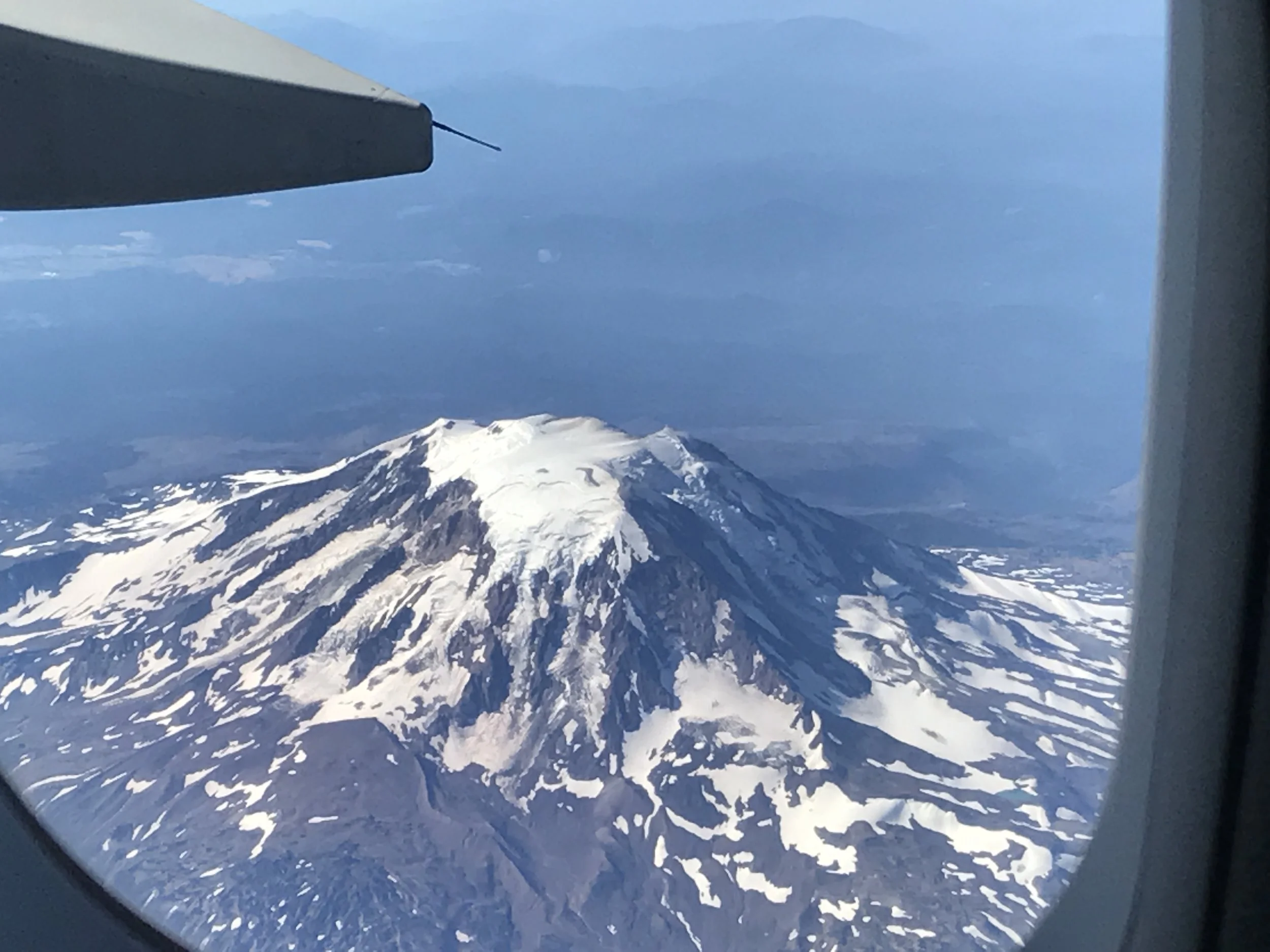Reporting the News on the Low Tech Information Highway
Sometimes we had to get a little crazy and act totally unsophisticated to get a news story on the air.
When I think of the technological advances in broadcasting over the past forty years, my head spins. I glance at the gadgets and gizmos in my TV weather office and wonder how we got this far over the course of my short career. I also wonder what sort of amazing inventions are yet to come.
The computer graphics used in weather broadcasting these days not only allow us to see meteorological events as they are happening, but they can also educate us in ways we could have never conceived before. Take, for example, the three-dimensional graphics The Weather Channel has created to illustrate weather safety. In one of the latest examples, Jim Cantore is in the middle of an EF-5 tornado.
We take so much for granted now: instant information at our fingertips from the Internet, live broadcasts beamed to our homes from anywhere in the world. When I started in television in the late 1970s, we were still years away from even dreaming of personal computers on every desk. And the idea of transmitting video to any location in the world involved, at that time, large tape machines, a high-quality telephone line, and lots of money.
Without any online, digital, satellite or microwave technology, getting information to a television audience in those days involved working fast, working creatively, and often praying for luck. Yet we found ways to get the stories on the air, using methods so incredibly low-tech that it makes me laugh to think about it now. Mind you, I'm talking about more than just using manual typewriters or shooting and processing film. Sure we did that, but in order to cover some stories, we had to think far outside the box, using methods that, even then, made us exclaim, "That's so crazy it just might work!"
The most glaring example of this was when I was a young news reporter in Wichita, Kansas, covering the state legislature from 140 miles away in the state Capital of Topeka. Nowadays it's easy to transmit voice and pictures instantaneously over such a distance, but in 1979 that technology was either prohibitively expensive or non-existent. Yet, every day the legislature was in session, we managed to shoot one or two stories and get the pictures, audio and script back to our Wichita headquarters in time for the evening newscast. What was our secret method?
We trusted our valuable videotape to (wait for it)… strangers. Yes, people we had never met acted as daily couriers from Topeka to Wichita. It worked like a charm and it didn't cost us a dime.
Bear in mind that the portion of Interstate 35 and 335 between Wichita and Topeka is a toll road, and since each car making that trek had to stop first at a toll booth in Topeka and then stop again at a toll booth in Wichita, I had ample opportunity to beg a favor of every single driver making the trip.
It became a part (some might say the most important part) of our daily routine. My photographer and I spent our mornings between 8:00 and 11 am shooting the interviews and support video for our stories, then for the next hour or two, writing the stories and recording my narration onto another tape. By one pm we were at the Topeka toll booth flagging down motorists headed to Wichita. Usually within five minutes, our story was headed to our hometown to be dropped off at a tollbooth there, and then retrieved by a videotape editor who would put the finishing touches on the story for broadcast. Day after day we smoked the competition, which had an office just across the hall from us in the Capitol building. Try as they might, they could never figure out how we managed to get stories on the air the same day, and still have time for phone calls and next-day planning before we headed out to dinner.
With a legislative session lasting ninety days, we always assumed that sooner or later we would lose a story, either because a dishonest commuter might want to sabotage our efforts, or because our chosen driver simply forgot to drop off the tapes. But during the entire three months we were in the State Capital, we lost not a single story. And only once did we have a story not make it back to the TV station in time to lead the newscast, and that was simply because our good Samaritan (and directionally impaired) turnpike traveler decided to drop the tapes off at the station himself.
With so many unscrupulous people on the road nowadays and with a world full of media haters, I doubt that our "turnpike technique" would be as effective in this more "modern" era. And why would we go to the trouble, when all we have to do is load the stories onto our computer or cell phone and hit "send?"
Still, there's something inside of me that longs for the day when the quality of a TV broadcast wasn't determined by how many electronic toys a station or network could afford, or how many dazzling graphics it could create to hold a viewer's attention. In the late 70s our station's weather guys were the most-watched in town, not because they had the best eye-candy, but because they had the most accurate forecasts. Our news reporters got the stories others didn't simply because they were hard-working, dedicated and clever.
I recognize that intelligent graphics, Skype and drone photography have made our broadcasts more watchable than ever before. And I love the fact that TV can use today's technology to its fullest. I just hope that with all our amazing technological breakthroughs, we will continue to value and applaud good research and expertise, enterprise and tenacity.
In my book, that’s always the right road to be on.
© Nick Walker 2018
I’d love to hear your story of ingenuity in getting a job done, especially if it involves an “out-of-the-box” method. Please scroll down and leave your comment below.


